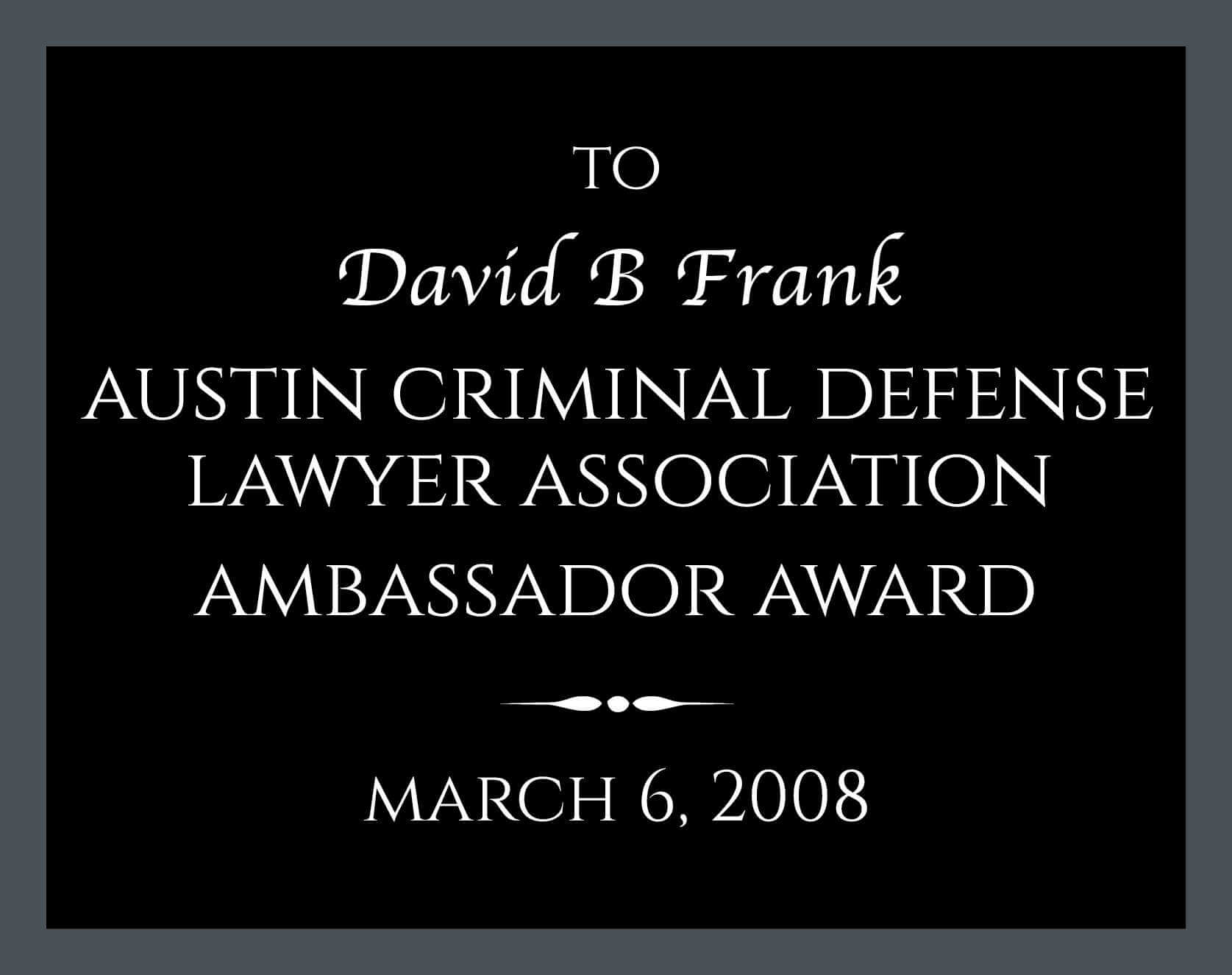We have been asked: May a client have his own video? Watching a video in your lawyer’s office is one of the most important interactions you will have with counsel. You can comment on subtle but important issues that only you can know. Maybe your tires did not cross the line, maybe you legally entered the intersection while the light was still green, or maybe the Officer was mistaken about what he saw. Often the video is the only evidence that objectively captures what happened on the night of the arrest. I can spot the reason for the stop and determine whether it was legal and proper. We can see how you stand, walk, talk, and respond. We can evaluate the officer’s instructions and demonstration of the field sobriety tests. If you received bad instructions we need to know that – you cannot be expected to perform well on these tests if the officer made a mistake. We can both gauge your demeanor and attitude. Every case involves a careful determination of the evidence. Sometimes we’re searching for a single moment that determines the outcome of the criminal case. It is that important.
When the prosecution gives its consent, the video can be disclosed and the client can have a physical copy of the video. However, without the prosecutor’s consent the defense attorney “may not allow” the defendant “to have copies of the information provided.” [1] The Texas legislature has drawn an absolute line allowing a defendant unfettered access to “view” redacted discovery materials, but denying him copies.
Ordinarily clients come to watch their videos in my office. It’s private and we have time to study how it will affect the case. Sometimes, however, clients live out of state or have time constraints that make it difficult to get together. Some clients want their family or close friends to watch the video to help make a decision on the case.
In the event that a client wishes to view the video but cannot physically come to the office to watch it, we can share the video remotely. Streaming the video can be an efficient method for viewing while staying within the rules that prevent the defendant from having a copy of the video. We can help coordinate the video share and do whatever is necessary to allow for a full and fair evaluation of this important piece of the case.
[1] In re Powell v. Hocker, — S.W.3d —- 2017 WL 1244452, NO. WR-85,177-01 (Tex. Crim. App. 2017).



Leave a Reply